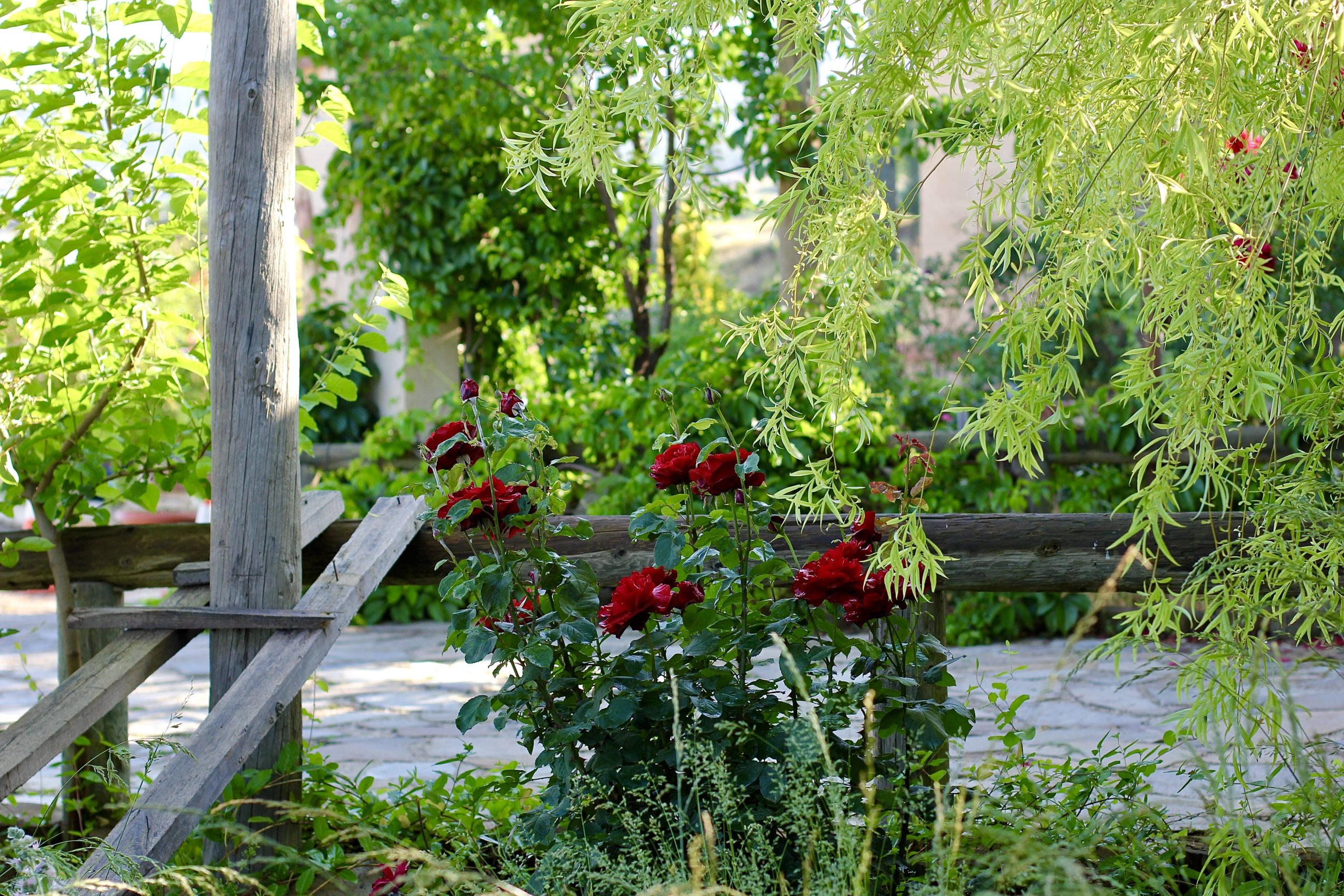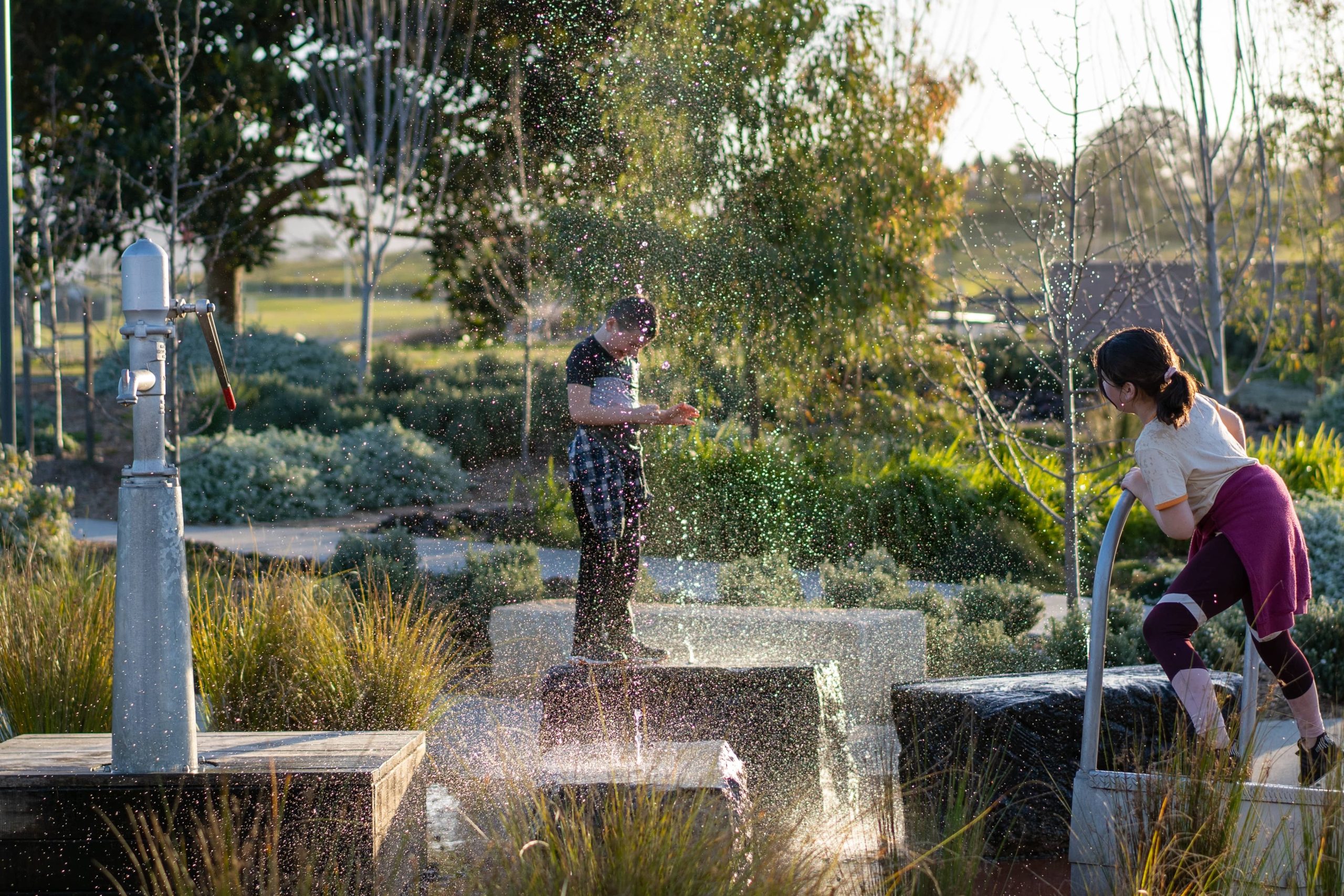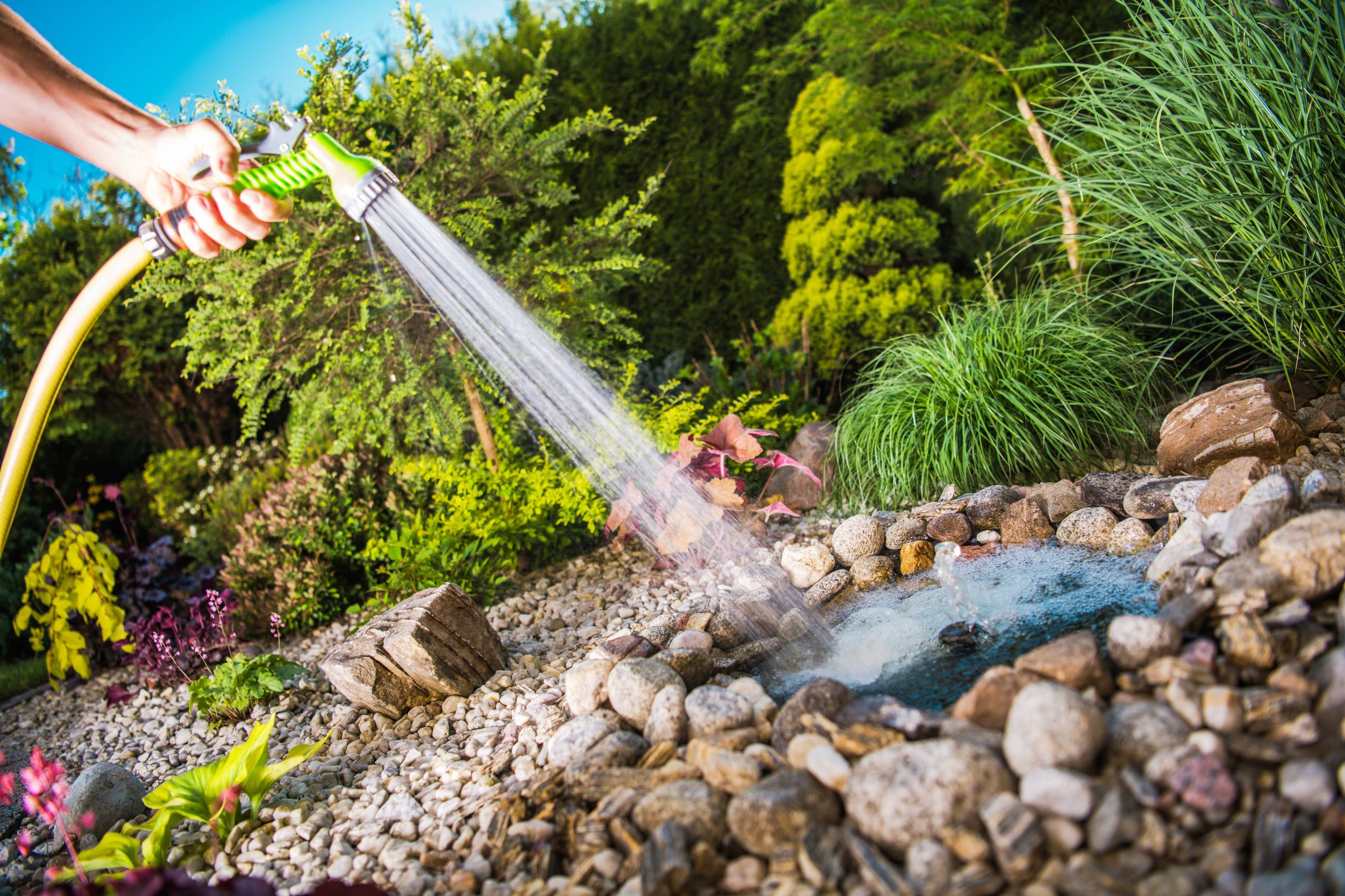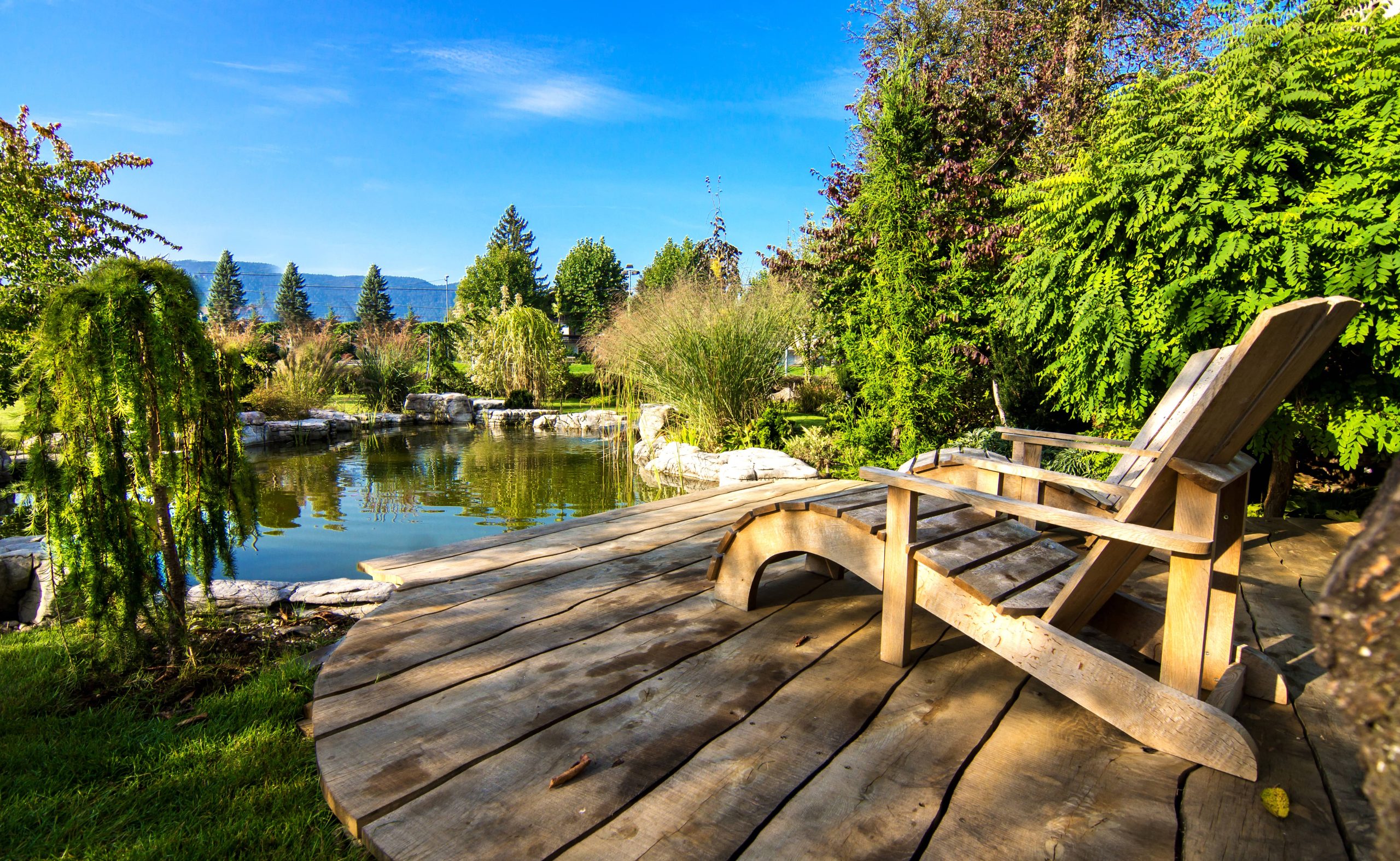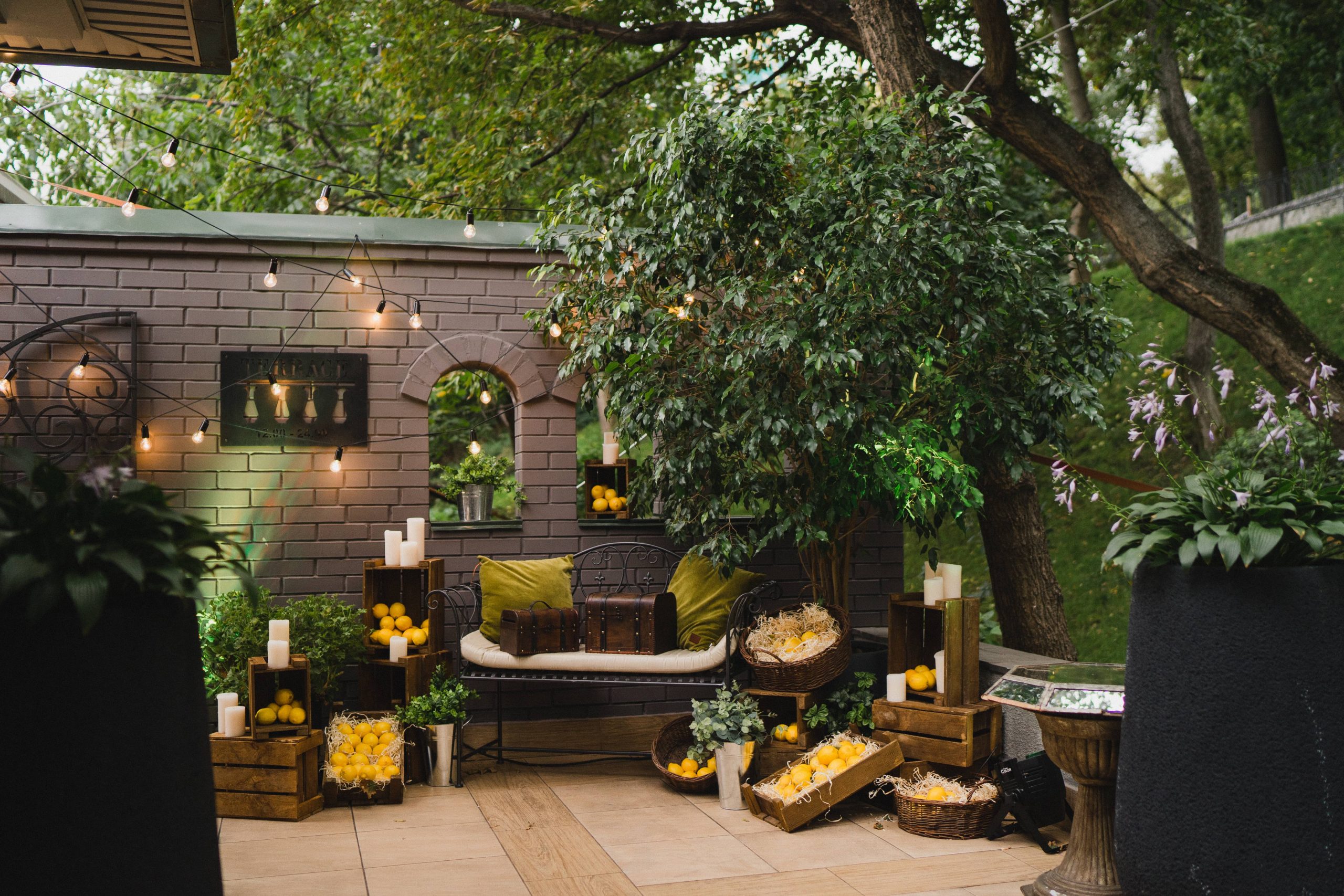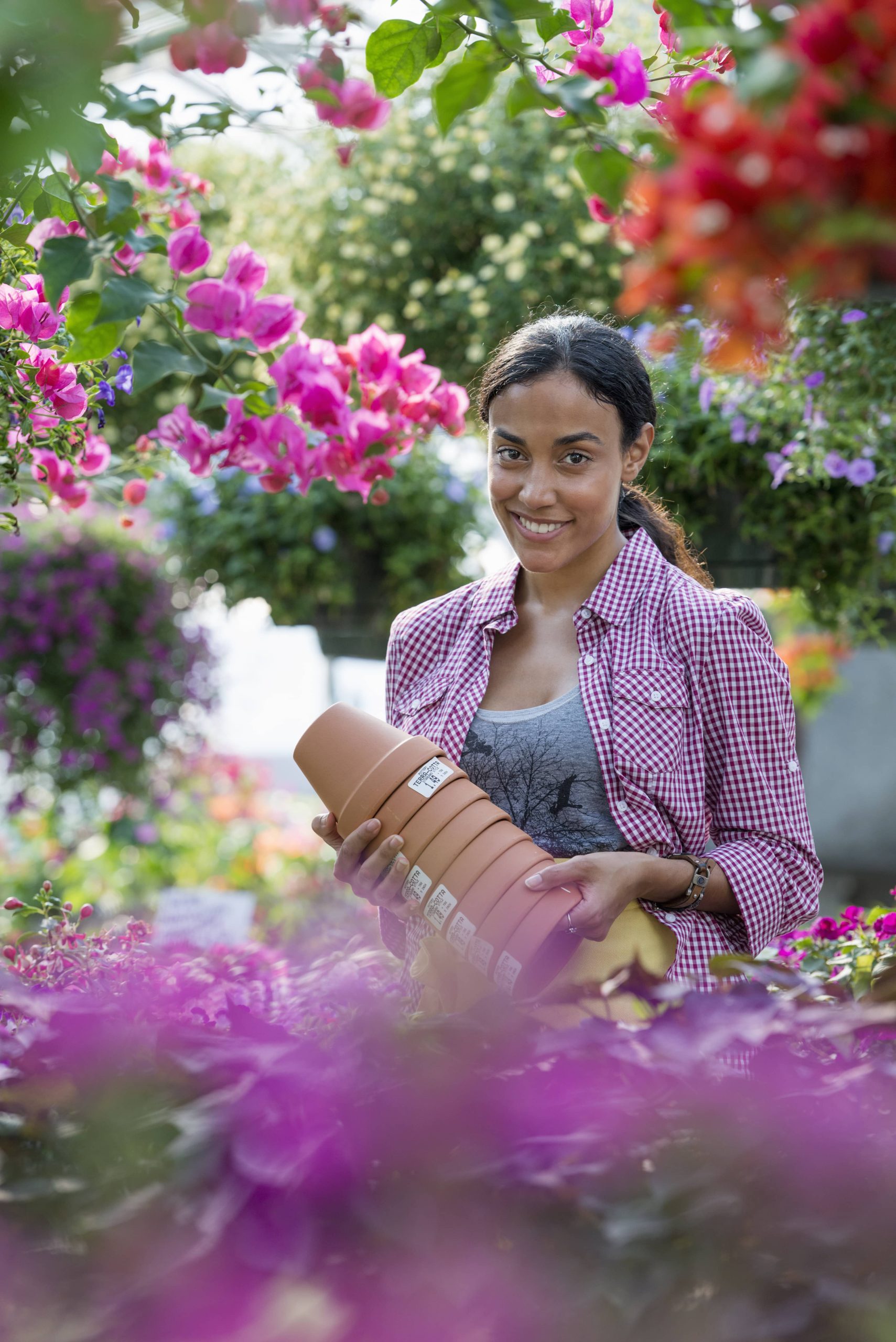
Gardening is a rewarding and serene pursuit that can transform the aspiring gardener into a creator of life and beauty. Whether you’re looking to grow your own vegetables, cultivate a few flower beds, or simply enjoy time in nature, gardening is an excellent way to enhance mental well-being, increase physical activity, and engage with the environment. For beginners, however, the thought of starting your own garden may be daunting. Fear not! With some basic knowledge and these essential tips, you’ll be on your way to gardening success.
1. Start Small and Simple
Embarking on your gardening journey with grand plans and ambitious projects can lead to frustration. Instead, start small to avoid being overwhelmed. Choose a manageable area of your yard or a few containers if space is limited. Begin with easy-to-grow plants like herbs (basil, mint), salad greens (lettuce, spinach), or hardy flowers like marigolds. These plants are forgiving and perfect for building your confidence.
2. Know Your Zone
Understanding your USDA Hardiness Zone is one of the most crucial steps in gardening. This classification informs you about the types of plants suitable for your region based on average climate conditions. Knowing your zone helps ensure you’re selecting plants that can thrive in your local environment, thus increasing your chances of success from the start.
3. Understand Your Soil
Soil is the foundation of your garden, and understanding its composition is key to healthy plants. Conduct a simple soil test to determine its pH level and nutrient content. Many extension services offer this test, or you can purchase a kit online. Once you know your soil profile, you can amend it with organic matter or fertilizers to create the optimal growing environment.
4. Invest in Quality Tools
Gardening is much easier and more enjoyable with the right tools. Invest in a few high-quality basic tools such as a spade, fork, hoe, rake, hand trowel, and pruners. A watering can or hose with a spray attachment is crucial for keeping plants hydrated. High-quality tools may be more expensive initially, but they save money and effort over time by lasting longer and performing better.
5. Water Wisely
Water is life, but it must be applied wisely. Too much or too little water can harm plants. Water your plants in the early morning or late afternoon to minimize evaporation. Use methods like drip irrigation or soaker hoses that deliver water directly to the plant’s roots and help conserve resources. Pay attention to the specific needs of different plants; some may thrive in dryer conditions, while others need consistently moist soil.
6. Learn About Companion Planting
Companion planting involves growing certain plants together to benefit each other. Some plants can deter pests, enhance growth, improve flavor, or help with pollination when planted in proximity. For example, tomatoes and basil make great partners, as do beans and corn. A little research can go a long way towards a healthy and productive garden.
7. Be Mindful of Pests and Diseases
Pests and diseases can quickly become problematic if not managed early. Inspect your plants regularly for any signs of trouble, like discolored leaves or unusual changes in growth. Use natural pest control methods such as neem oil, insecticidal soap, or introducing beneficial insects like ladybugs. Knowing the typical pests and diseases in your area can help you prepare and combat them effectively.
8. Rotate Your Crops
Crop rotation is a practice gardeners use to keep their soil healthy and to minimize disease and pest problems. By changing the location of plant species each year, you can prevent nutrient depletion and disrupt the life cycles of soil-borne pests. Take notes of what you plant where so you can plan for the next season.
9. Embrace Organic Methods
Going organic isn’t just a trend; it’s a commitment to a natural gardening approach that prioritizes soil health and ecosystem balance. Use organic fertilizers and pest control solutions to ensure your garden is free from harmful chemicals. Composting kitchen scraps and garden waste is an excellent way to recycle nutrients back into your garden.
10. Enjoy the Process
Finally, remember that gardening is as much about the journey as it is about the end result. Take the time to enjoy the process of planting, nurturing, and observing growth. Don’t be discouraged by failures—they are simply part of learning and growing as a gardener. Celebrate your successes, no matter how small, and use each season to expand your knowledge and love for this rewarding hobby.
With these ten tips, you’re ready to embark on your gardening adventure. Remember that gardening is a learning experience, and every gardener, no matter how seasoned, faces challenges and learns something new. Embrace the changes the seasons bring, and allow your garden, as well as your love for it, to blossom. Happy gardening!

